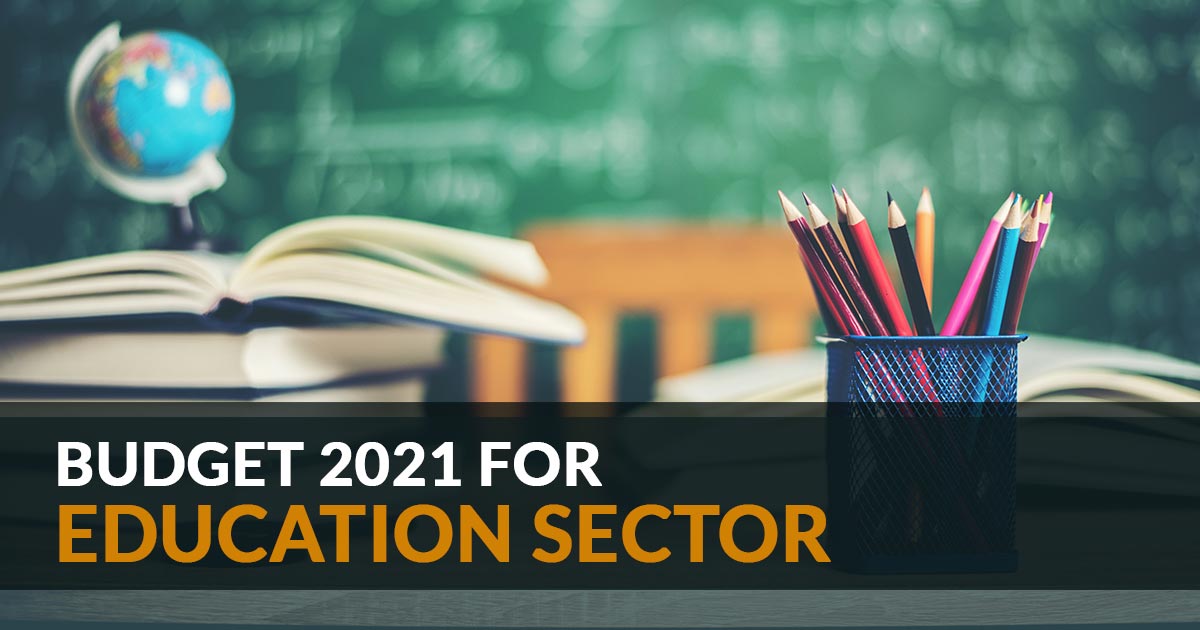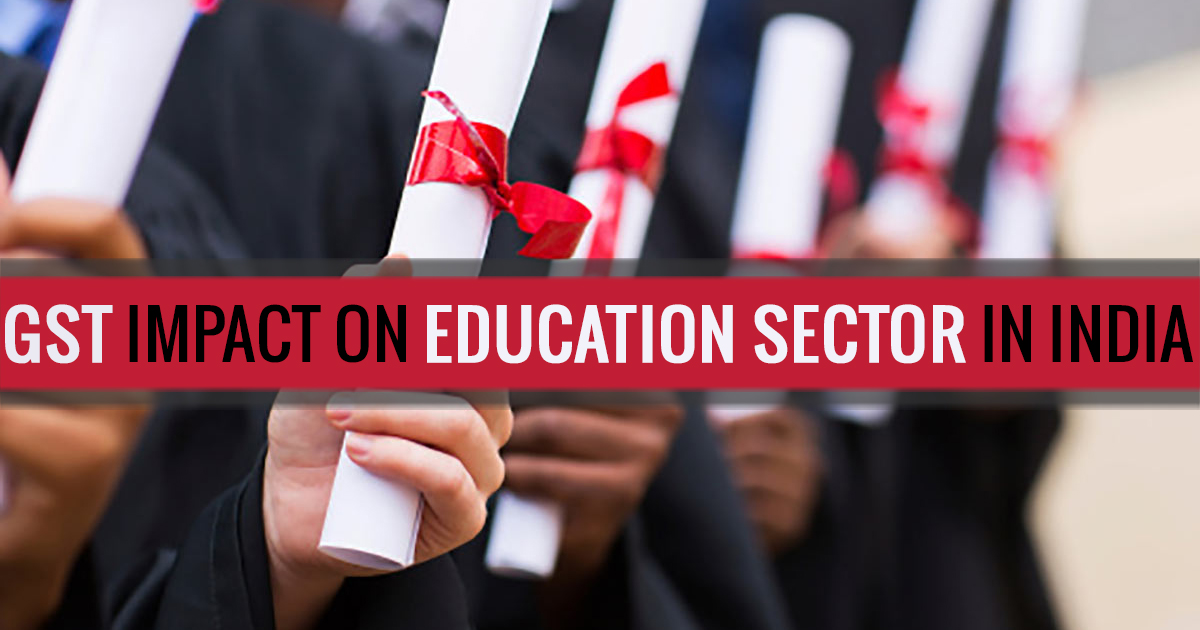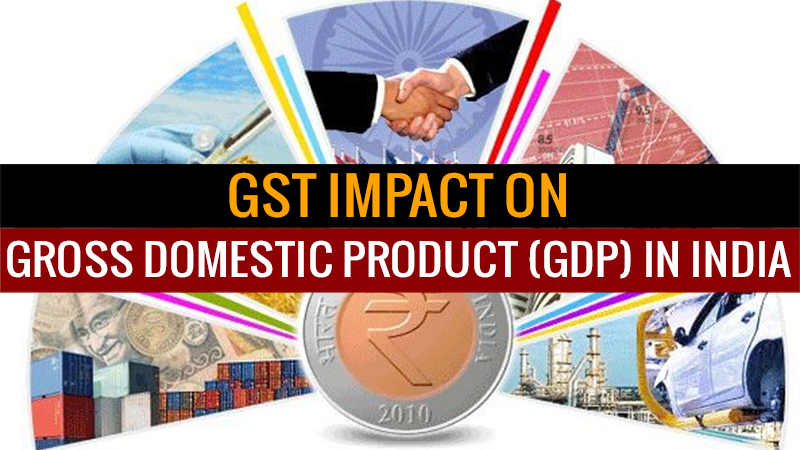Due to the Covid-19 pandemic, online classes and work from home protocols become the new normal. Due to these changes, a spike has been reported in demand for digital infrastructure across each and every sector of the country.

Mr. Nitin Potdar, a Corporate Partner at J. Sagar Associates, and leading the education practice of the firm said in this matter that “The National Education Policy 2020 needs investment on priority from the budget and financial incentive to the EdTech sector including the abolition of GST of 18 percent levied on the education sector for next five years,”
Nitin Potdar added that “Budget 2021 is going to be extremely crucial for sectors like education because it would need to be rebooted in its entirety. COVID-19 has forced the embracing of the digital technology education sector at all levels. This is an opportunity in disguise which cannot be missed to build a digital infrastructure that would reach every student of India and fulfill the objective of right to education,”.
Meanwhile, last year the central government indicated budget allocation for the education sector 
Mr. Rohit Gajbhiye, Founder of Financepeer, a Google incubated Edu fintech startup expressed his view that “The stakeholders are eyeing the Budget 2021 with a lot of expectations as the government has already signaled allocation of six percent of the GDP towards education. This can be a healthy start towards strengthening the sector. Aligning with it, we expect the government to introduce a framework for formalizing online education coupling it with exhaustive provisions for bridging the digital divide between both ends of the education value chain,”.
While the government indicated GDP allocation at 6% of gross domestic product (GDP) 
Mr. Rohit Gajbhiye, further added that “Reducing gaps in quality of education between rural and urban areas have to be on the priority list and technology is pivotal for that. We are also expecting the government to lay the ground for a gradual increase in the annual budget of education to 10 percent of GDP to create an ecosystem for a vigorous research and development infrastructure in the education sector,”.









